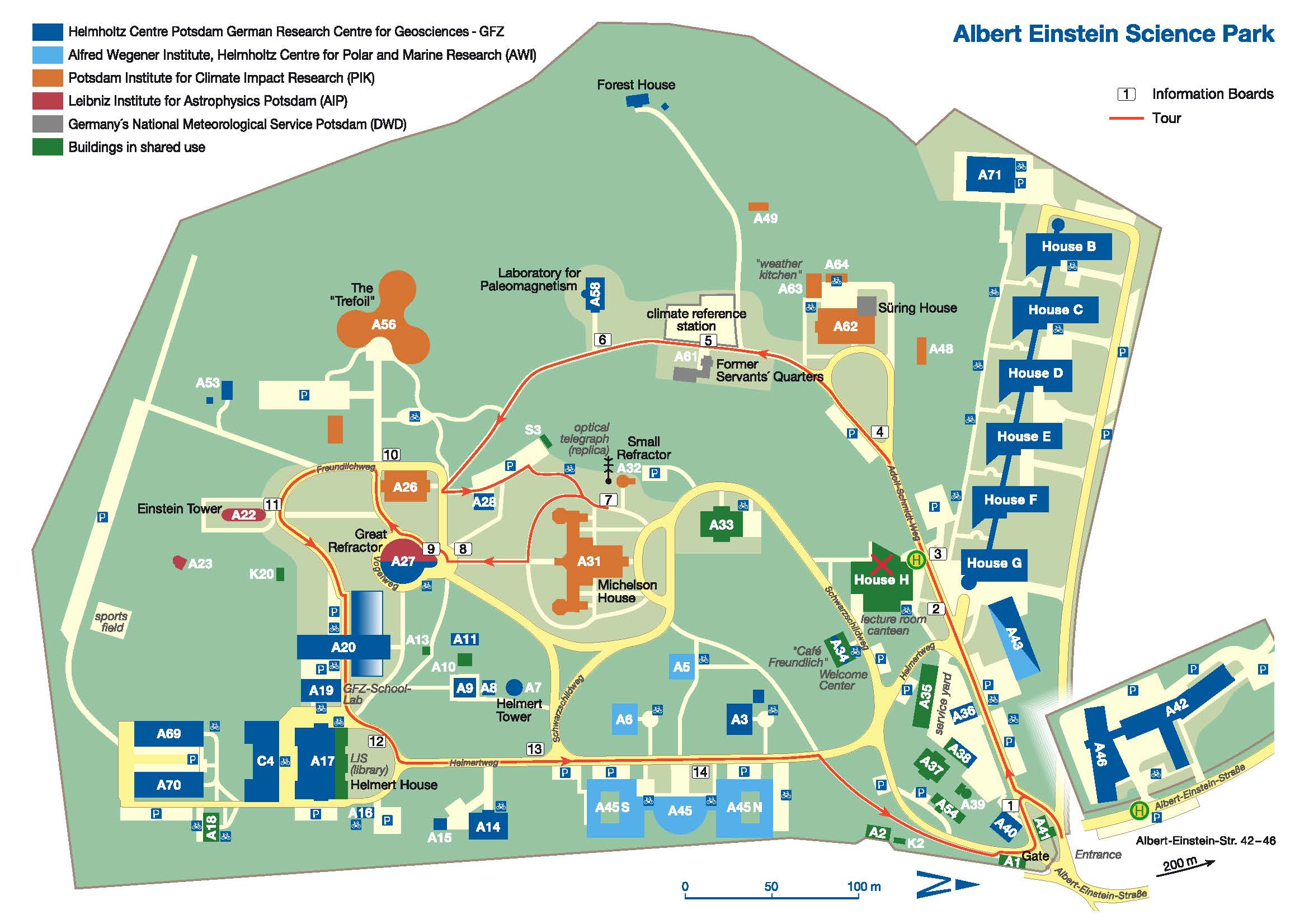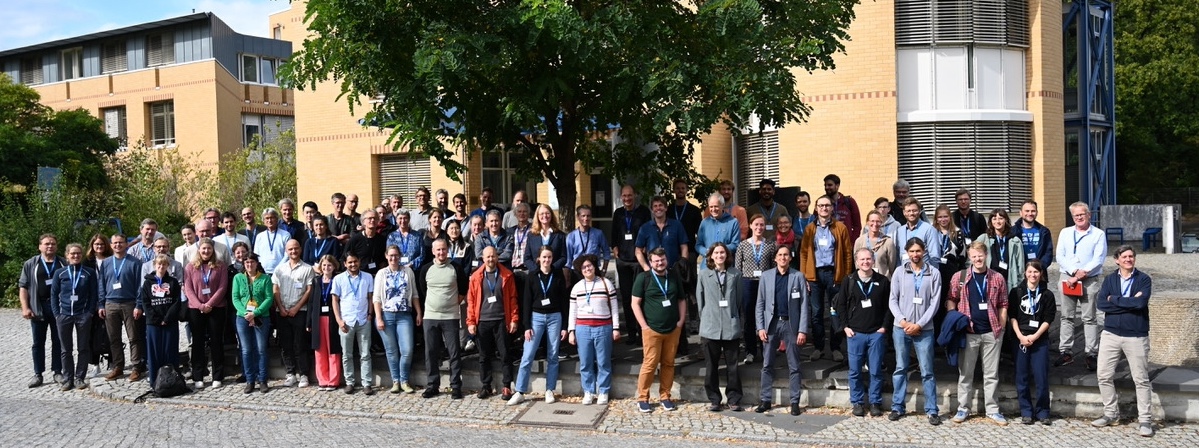- Indico style
- Indico style - inline minutes
- Indico style - numbered
- Indico style - numbered + minutes
- Indico Weeks View
Topic 2 Annual Meeting - 2024In-Person Event
→
Europe/Berlin
, ,
Description

Annual meeting of PoF IV Topic 2: Ocean and Cryosphere in Climate Change
The 2024 annual meeting will focus on the current state of science at AWI, Geomar, and GFZ within the Topic 2 of the research field Earth and Environment. Approximately 80 scientists are expected to meet at Telegrafenberg in Potsdam to intensify the scientific collaboration between the participating Helmholtz centers.
Venue of the meeting
GFZ German Research Centre of Geosciences, Telegrafenberg, 14473 Potsdam, Building H

How to get there?
https://www.gfz-potsdam.de/en/about-us/organisation/directions-and-locations/potsdam
Catering: Vegetarian and vegan food will be available for each registered participant (2x lunch, 1x dinner, snacks & beverages during coffee breaks).
Accomodation: We recommend various centrally located hotels within the usual cost range. Please note that reservation, booking, and payment of the rooms is within the responsibility of each individual participant.
- Novum Hotels, the niu Amity, Leipziger Str. 1/Block J, 14473 Potsdam, https://the.niu.de/hotels/deutschland/potsdam/the-niu-amity
- B&B HOTEL Potsdam, Babelsberger Straße 24, 14473 Potsdam, https://www.hotel-bb.com
- Mercure Hotel Potsdam City, Lange Brücke, 14467 Potsdam, https://www.mercure-hotel-potsdam.de
- Holiday Inn Express & Suites Potsdam, Am Kanal 15, 14467 Potsdam, https://www.ihg.com
 Thanks to all of you for making this meeting a wonderfully lively exchange!
Thanks to all of you for making this meeting a wonderfully lively exchange!
Contact persons
Participants
Aaron Hornschild
Alexander Robinson
Almut Brunner
Anais Urban
Barbara Neumann
Bianca Liguori
Björn Hohmeier
Cecile Blanchet
Christian Voigt
Christoph Förste
Claudia Wekerle
Dirk Nürnberg
Dörthe Handorf
Eleni Anagnostou
Eva Boergens
Fehmi Dilmahamod
Florian Adolphi
Florian Schütte
Frank Flechtner
Frank Kauker
Frank Lamy
Gerhard Helle
Gerrit Lohmann
Gesine Mollenhauer
Henryk Dobslaw
Ingo Sasgen
Janina Güntzel
Jens Mingram
Johann Klages
Johannes Karstensen
Josefine Wilms
Judith Schicks
Juliane Müller
Klaus Grosfeld
Lester Lembke-Jene
Linda Del Savio
Linus Shihora
Lu Chen
Maik Thomas
Marco Schulz
Markus Schwab
Martin Frank
Martin Werner
Minghui Xu
Nikolay Koldunov
Nils Hutter
Nina Lenz
Nora Hirsch
Olaf Eisen
Pamela E. Rossel
Paula Luiza Fraga Ferreira
Peter Brandt
Raphael Köhler
Rebecca Hummels
Rena Czeschel
Renate Dr. Treffeisen
Reyko Schachtschneider
Robert Heinkelmann
Robert Spielhagen
Roman Sulzbach
Sarwar Nizam
Saskia Esselborn
Sebastian Wahl
Sergiy Vorogushyn
Sinem Ince
Sofie Tiedeck
Stephan Juricke
Thomas Laepple
Tilo Schöne
Torge Martin
Torsten Kanzow
Vanessa Skiba
Volker Klemann
Wara Chamani
Willi Rath
